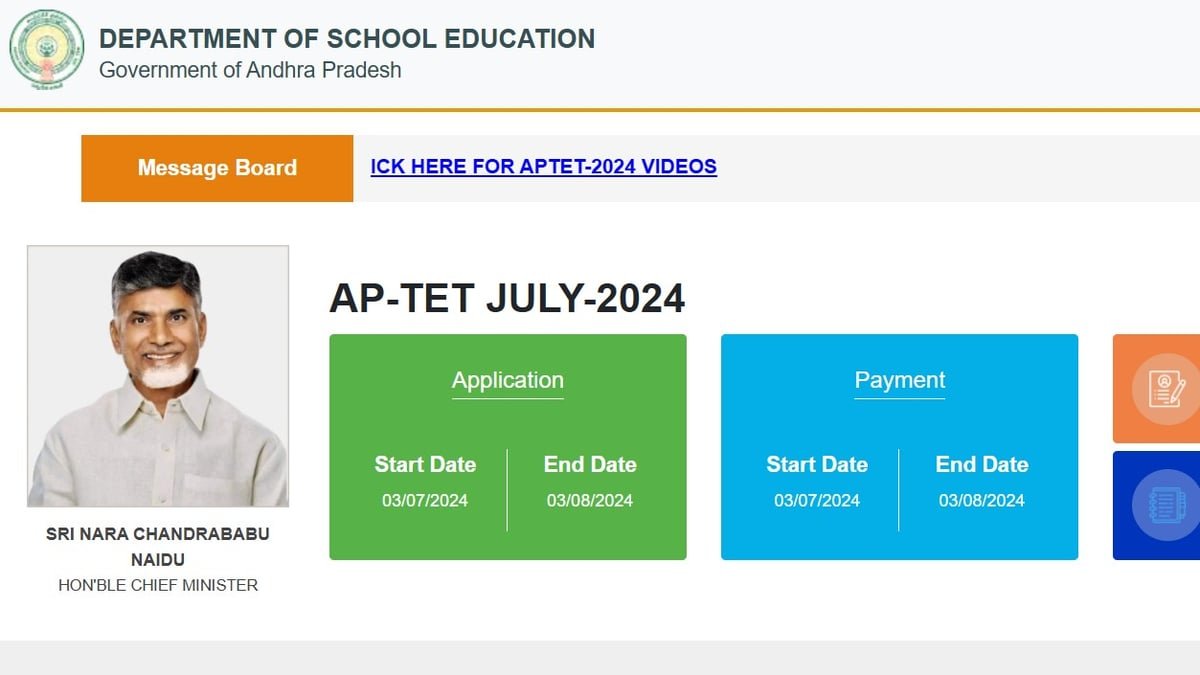The escalating crisis in Bangladesh is intensifying the threat posed by illegal Bangladeshi immigrants in India. However, security agencies are facing significant challenges in their efforts to address this growing issue. A critical obstacle is the restricted access to data from the Unique Identification Authority of India (UIDAI), which is essential for tracking and dismantling the syndicates behind fraudulent Aadhaar cards.
In recent months, security forces have noted a surge in illegal Bangladeshi nationals entering India through various routes and dispersing across states, heightening security concerns. Particularly alarming is the ease with which these immigrants are obtaining fake Aadhaar cards, enabling them to seamlessly integrate into Indian society, evade detection, and engage in illicit activities without immediate scrutiny.
Obtaining UIDAI Data A Major Obstacle
The core issue for security agencies lies in the cumbersome process required to obtain UIDAI data. Security agencies are facing a significant obstacle due to restrictive mechanisms within India that prevent them from accessing data on suspected Bangladeshi nationals. This limitation is impeding their ability to trace the syndicate involved in issuing fake Aadhaar cards and unlawfully granting Indian citizenship for a nominal cash.
According to reliable sources, security agencies have raised an alert and recommended that the matter be escalated to a higher level to streamline the process of obtaining the necessary data and effectively address the current threat situation.
Several Operations Launched Against Illegal Bangladeshi Immigrants In Recent Months
Senior state intelligence officials, speaking on condition of anonymity, disclosed that several operations have been launched against illegal Bangladeshi immigrants in recent months but efforts to trace the data have largely failed. To dismantle the syndicate responsible for producing fake documents to grant citizenship to these illegal Bangladeshis, it is crucial for investigative agencies to obtain data from the UIDAI.
This data would reveal which Aadhaar centers issued these fraudulent cards, the documents used in their creation, and the officers who verified them. By leveraging UIDAI data, agencies could not only trace the involved Aadhaar centers but also uncover the syndicate behind the illegal business of granting Indian citizenship through fabricated addresses, electricity bills, ration cards, and PAN cards.
These false documents are then used to obtain Aadhaar cards with the help of certain individuals working on contract at these centers. If UIDAI data is shared with investigative agencies, analyzing even a single fake Aadhaar card issued to a Bangladeshi national could expose thousands of similar fraudulent cards and the entire network behind them.
Challenging Situation
He further revealed that the situation has become particularly challenging because, in any investigation involving illegal Bangladeshis, obtaining official data from UIDAI requires a lengthy process. First, all relevant case details must be submitted to the Law and Judiciary Department, where security agencies must justify their need for the information.
Following this, approval from the Maharashtra government is required before a request can be made to the High Court to obtain the necessary data from UIDAI. This cumbersome procedure must be followed for each case. Due to these procedural bottlenecks, those involved in the syndicate often change their mobile numbers, relocate, or alter their operations, making it difficult to track them down.
Mumbai News: ATS Apprehends 9 Illegal Bangladeshi Immigrants Across City
Current Procedural Bottlenecks Hindering Investigations
The current procedural bottlenecks have significantly hindered investigations into illegal Bangladeshi immigrants. In the past six to eight months, Mumbai Police have registered 51 cases, leading to the arrest of only 120 individuals. If investigative agencies had timely access to UIDAI data, they could have uncovered connections between these 120 individuals and thousands of other illegal Bangladeshis who have infiltrated India and migrated to Mumbai, Navi Mumbai, Thane, and nearby districts over the years. These immigrants now pose a substantial threat to national security.
Security agencies have called for high-level intervention to address these procedural issues and streamline the process of acquiring UIDAI data. An expedited process would significantly enhance the ability of agencies to combat illegal immigration and safeguard national security.The current situation underscores the urgent need for systemic changes to overcome the data access hurdles and enable a more robust response to the escalating threat posed by illegal Bangladeshi immigrants.




